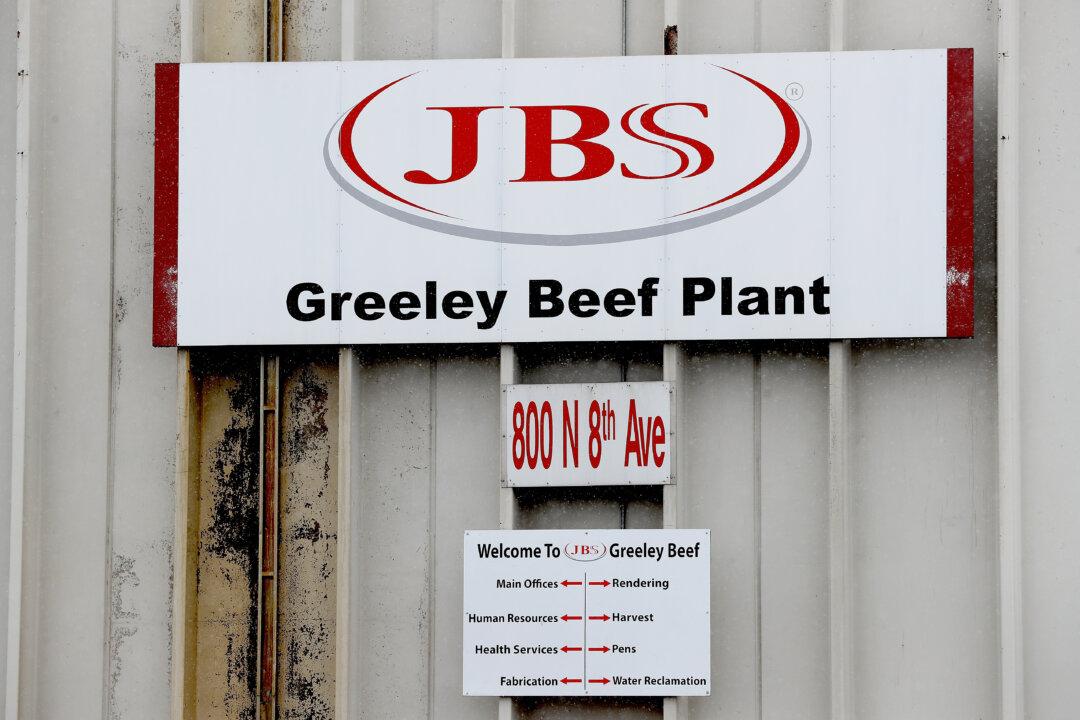U.S. Secretary of Agriculture Sonny Perdue announced in a statement Tuesday that despite plant closures during the CCP (Chinese Communist Party) virus crisis, critical meat-processing and packaging infrastructure across the United States is back operating at over 95 percent of 2019 levels.
President Donald Trump had issued an executive order on April 28 that declared meat and poultry plants to be “critical infrastructure,” and required the Agriculture Secretary to allocate the resources necessary “to ensure the continued supply of meat and poultry” to the American people.





